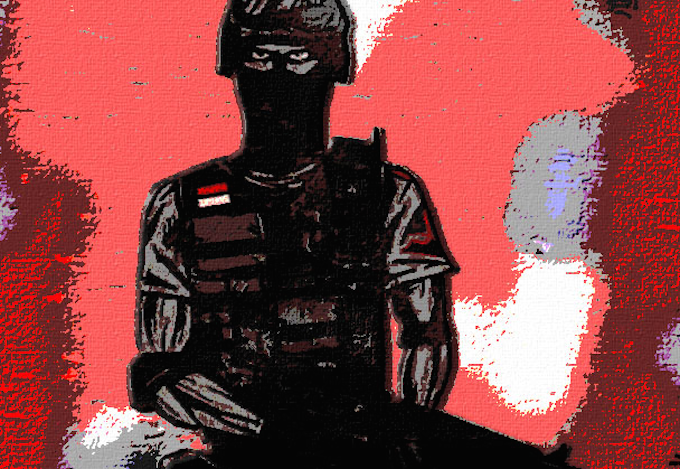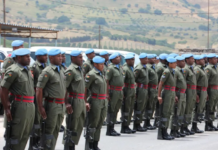Pacific Media Centre Newsdesk
Indonesia is beefing up its elite Detachment 88 (Densus 88) unit in light of increased threats from local and international terror networks, says National Police Chief General Tito Karnavian.
There will be additional 600 policemen assigned to the squad, bringing the total headcount to 1300, reports The Straits Times.
“We now have Isis, not only Al-Qaeda elements. We are also seeing those who, through the internet, got self-radicalised, learnt how to make bombs and made attack plans,” said General Tito at a media briefing in Jakarta.
“Therefore, the Detatchment 88 must be beefed up.”
General Tito, who was involved in various high-profile terrorist raids when he was a field officer with Detachment 88, said silent operations must be stepped up, meaning more preemptive strikes were needed.
This in turn required higher detection capability, he added.
Tasks within Detatchment 88 are divided into various operations: arrests and raids; investigation and cross examination; interrogation; wiretapping; and evidence handling.
Won praise, condemnation
The unit has won praise for the many raids it has made on militant networks in Indonesia, foiling attacks and arresting terrorist suspects.
However, it has also been heavily criticised for a repressive role in West Papua against indigenous self-determination and civil society groups.
In 2017, Detatchment 88 arrested 154 and killed 16 terrorists during raids, with 14 officers injured and four killed during the raids operations.
The unit made more than 150 arrests in 2016, disrupting terror plots, including the planned launch of rocket attacks on Singapore’s Marina Bay Sands from Batam island.
General Tito also unveiled plans to send more police officers for overseas studies, saying he was inspired by the late Singapore prime minister Lee Kuan Yew in his bold move in preventing corruption.
The police force has, for the first time, received an allocation of 120 scholarship positions from the Finance Ministry to send its personnel abroad. This would mean a record number of officers studying overseas in coming years.
Waves of new faces
“We want to have big waves of new faces and a less corrupt culture,” said General Tito.
“When they return to Indonesia, they will have their own community who think the same way and who will be the agents of change. We want to replicate the Singapore concept. This is what Singapore did.”
He noted that when young policemen were sent to the United States, Britain and other countries with a less corrupt culture, they would be shaped accordingly.
The plan is to send 100 of the 300 fresh graduates from the police academy overseas as well as scores of other early-career policemen, he added.














































